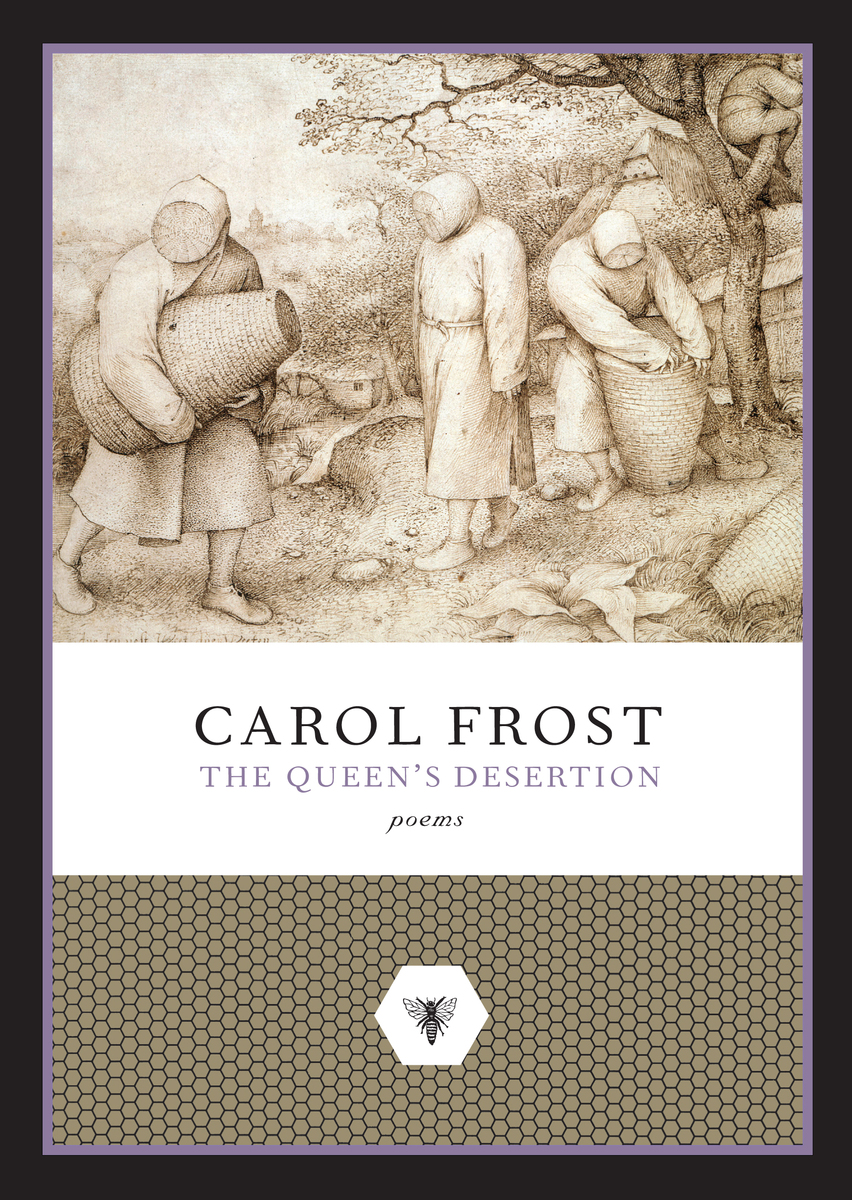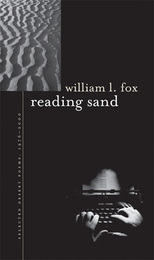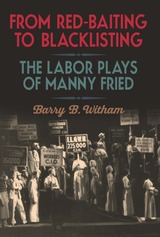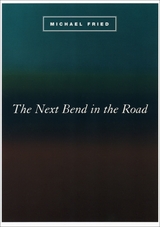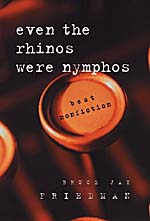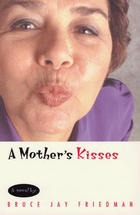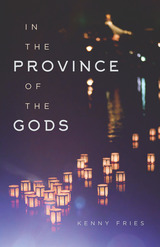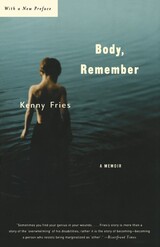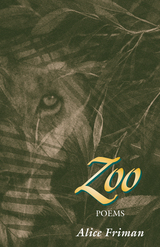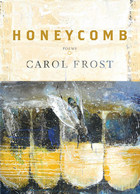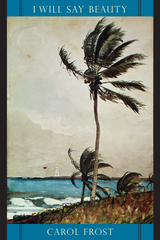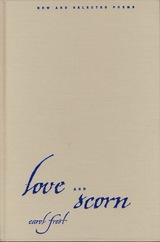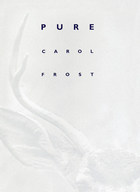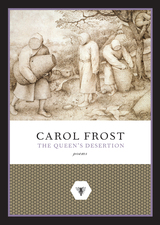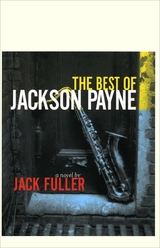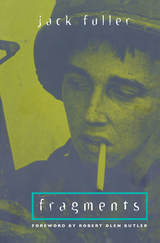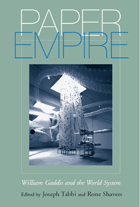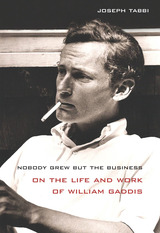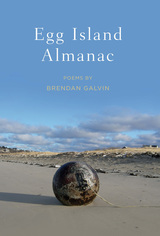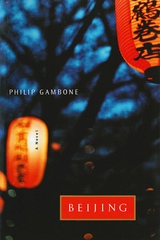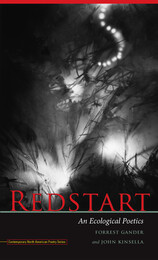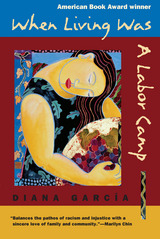The Queen's Desertion: Poems
Northwestern University Press, 2006
Cloth: 978-0-8101-5175-8 | Paper: 978-0-8101-5176-5
Library of Congress Classification PS3556.R596Q44 2006
Dewey Decimal Classification 811.54
Cloth: 978-0-8101-5175-8 | Paper: 978-0-8101-5176-5
Library of Congress Classification PS3556.R596Q44 2006
Dewey Decimal Classification 811.54
ABOUT THIS BOOK | AUTHOR BIOGRAPHY | REVIEWS | TOC | REQUEST ACCESSIBLE FILE
ABOUT THIS BOOK
In her tenth collection of poems, Carol Frost describes a journey through loss. How can one regain equilibrium in the face of absences such as dementia and death? We have to keep moving, even while realizing that the loss of mind and body is the natural conclusion. At the beginning of the first poem Frost invokes the image of an empty or abandoned beehive:
Pretty to think of the mind at its end
as a metaphysician beekeeping
after the leaves have fallen at autumn's end.
The bee metaphor is handled brilliantly and subtly throughout the collection as a reminder of how often our constant activity, whether it is mental or physical, is taken for granted.
Frost continues her investigation of the mortal plight by entering into a Dantesque descent into the ebb and flow of the seascape. Body consumes body over and over again as fish are caught and killed and the poet observes the flora and fauna as they partake in the darker cycles of nature. A long narrative poem about the Spanish explorer de Baca and his harrowing travels from southern Florida to Mexico powerfully reinforces the certainty of consumption and loss as it comments on the colonizing of the new world. In the final section, Frost returns once more to the need for movement and summons the Greek god Pan, who dances a rite of acceptance through a metaphysical landscape on the verge of seasonal change--the bees are not dead, the dark woods are filled with music.
Pretty to think of the mind at its end
as a metaphysician beekeeping
after the leaves have fallen at autumn's end.
The bee metaphor is handled brilliantly and subtly throughout the collection as a reminder of how often our constant activity, whether it is mental or physical, is taken for granted.
Frost continues her investigation of the mortal plight by entering into a Dantesque descent into the ebb and flow of the seascape. Body consumes body over and over again as fish are caught and killed and the poet observes the flora and fauna as they partake in the darker cycles of nature. A long narrative poem about the Spanish explorer de Baca and his harrowing travels from southern Florida to Mexico powerfully reinforces the certainty of consumption and loss as it comments on the colonizing of the new world. In the final section, Frost returns once more to the need for movement and summons the Greek god Pan, who dances a rite of acceptance through a metaphysical landscape on the verge of seasonal change--the bees are not dead, the dark woods are filled with music.
See other books on: American | Frost, Carol | Loss (Psychology) | Poems | Poetry
See other titles from Northwestern University Press
